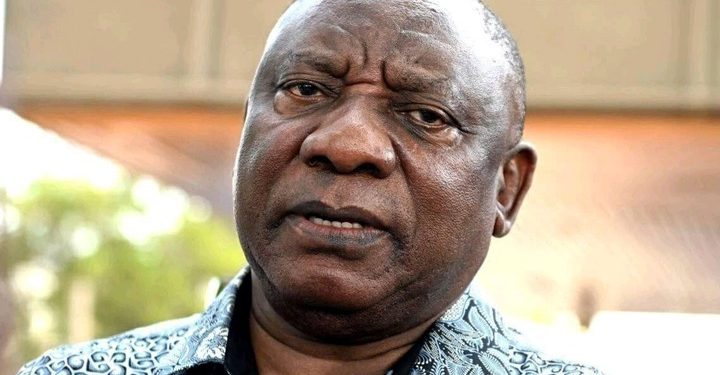South Africans are increasingly worried as President Cyril Ramaphosa considers signing a contentious piece of legislation into law. This proposed law, currently the subject of much debate, aims to amend regulations governing the management of state assets and could have far-reaching implications for governance and the economy.
A central point of concern is the potential consolidation of power within the executive branch. Critics argue that granting the president increased control over state assets and financial allocations undermines democratic principles and the checks and balances essential to South Africa’s constitutional framework. This concentration of power could lead to greater corruption and mismanagement, exacerbating the country’s already dire economic situation.
The legislation could also impose stricter regulations on businesses and individuals in their dealings with the government, stifling economic growth and discouraging much-needed foreign investment. Entrepreneurs and business owners have voiced concerns that these new rules could hinder operations, leading to job losses and diminished economic activity.
Equally troubling is the lack of public consultation and transparency in the development of this bill. Civil society organizations have called for a more inclusive approach, emphasizing the need for ordinary citizens’ voices to be heard in decisions that directly affect their lives. The absence of such engagement risks further alienating the public, heightening dissatisfaction with the government’s decision-making processes.
Beyond economic consequences, the potential signing of this bill could ignite social unrest. With South Africans already facing high unemployment, rising living costs, and inadequate service delivery, any perception that this law infringes on their rights or livelihoods could trigger widespread protests and civil disobedience.
In conclusion, should President Ramaphosa sign this legislation into law, South Africa may find itself in a precarious situation, facing not only economic hardship but also a possible erosion of democratic values. The fallout could be felt across all sectors of society, underscoring the need for government accountability, transparency, and public involvement in shaping policies that impact the nation’s future. Prioritizing the voices and needs of the people is critical to ensuring a fair and just society moving forward.






















